Opioids belong to a family or category of drugs, including various prescription medications and illicit or “street” drugs. Whether prescription or otherwise, opioids are powerful substances, and their use can quickly lead to dependency and addiction. Without help from a Michigan detox center and opioid treatment program, the journey to overcoming an addiction to opioids can be difficult and sometimes dangerous.
What Drugs are Opioids?
The category of opioid drugs contains several familiar prescription medications. These drugs are used as part of a treatment plan to address chronic or acute pain. Some, such as methadone, are prescribed to help manage withdrawal symptoms as part of a MAT (medication-assisted therapy) program. The most common prescription opioids include oxycodone, morphine, hydrocodone (Vicodin), fentanyl, hydromorphone, codeine, and methadone.
The drug fentanyl is classified as a synthetic opioid. In some instances, fentanyl is prescribed as part of a pain management program. However, it has become a significant contributor to overdose death outside of the medical setting in recent years. Fentanyl is a synthetic drug approximately 50-100 times more potent than morphine- that is widely available as a “street drug.” Since 2015 the rate of overdose deaths connected to illicit use of synthetic opioids like fentanyl has increased by more than 500%.
Heroin is also an opioid drug. Heroin is a highly addictive street drug made from morphine. Heroin use provides many of the same effects as many prescription opioids, so many people who struggle with an addiction to prescription painkillers turn to heroin when they can no longer access a prescription drug.
What are Opioid Withdrawal Symptoms?
Quitting opioids, whether prescription or otherwise, leads to withdrawal symptoms when you reduce or stop taking them. Opioids are potent drugs that quickly lead to dependency. When your brain and body are dependent on a substance, they struggle to function “normally” when opioids are not in your system, which leads to withdrawal symptoms. Opioid withdrawal symptoms can be unpleasant, painful, and, depending on the severity of your addiction, sometimes dangerous or fatal.
Unfortunately, withdrawal symptoms are an inevitable part of overcoming opioid addiction. Because withdrawal can be complicated, it is best to seek help at a medically supported detox program. Depending on the opioid drug you use, withdrawal symptoms may appear within six hours after your last dose. Common opioid withdrawal symptoms may include sleeping problems, anxiety, body aches, sweating, agitation, nausea, vomiting, and other stomach problems. In some cases, severe symptoms such as irregular respirations, irregular heartbeat, and seizures can occur.
It is impossible to predict who will experience severe opioid withdrawal symptoms. For this reason, it is crucial to seek help at a medically supported detox program as you begin your journey towards sobriety. Although it is possible to choose to withdraw “cold turkey” from opioids, it is not recommended. Many who begin detox this way often fail or relapse, and the symptoms experienced during withdrawal become too intense and overwhelming to manage without support.
What is the Opioid Detox Timeline?
Symptoms of opioid detox can begin in as few as six hours after your last use. In some cases, it can take as long as 24 hours. The onset of symptoms depends on whether the opioid used was a short or long-acting drug. For long-acting opioids, it may take longer for symptoms to begin. In most circumstances, early withdrawal symptoms are often less intense than those that appear as detox continues.
The second stage of opioid detox occurs during the 24 to 72 hours after your last dose. During phase two or the second stage of detox, many opioid withdrawal symptoms reach their peak. During this time, opioid withdrawal symptoms can range from moderate to overwhelming. For most, opioid withdrawal symptoms will peak and begin to wane after three to four days, ending after about two weeks. However, for some, symptoms may persist longer. This condition is known as PAWS (post-acute withdrawal syndrome).
How to find Opioid Detox Programs in Michigan
Detoxing from opioids can be challenging. It is impossible to know “in advance” the type and severity of withdrawal symptoms that may accompany your unique journey to sobriety. Opioid withdrawal is unpredictable, but seeking help from a Michigan treatment program like Liberty House Recovery can help. At an opioid detox program in Michigan, we can offer support and guidance as you progress through detox. Let us help you find freedom from opioid addiction.
Contact us today to learn more about our opioid detox and addiction treatment programs. Liberty House Recovery offers inpatient treatment in Michigan for those seeking recovery.


